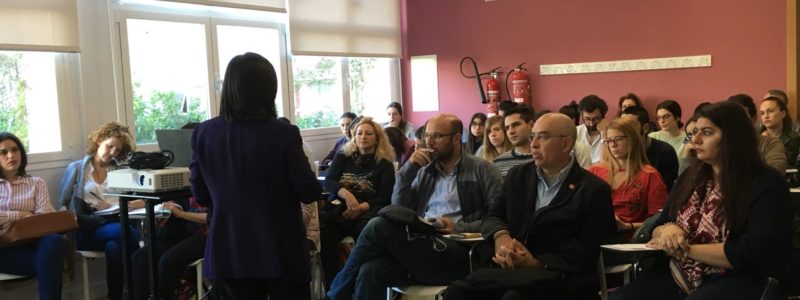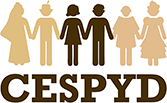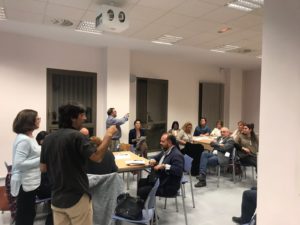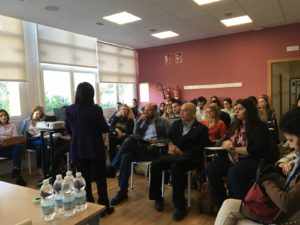
Noticias
8-9 November: Advances in the Fight Against Inequalities in the Health of the Roma Population
This conferences weas organized by FAKALI (Federation of Gypsy Women’s Associations), CESPYD (the Research and Action Center of the University of Seville) and the Gypsy Association UNGA of the Equi-Sastipen-Rroma Network, with co-financing from the Open Society Foundations and the Ministry of Health, Social Services and Equality.
The objective of this meeting was of an international nature to establish synergies and coordination capacity between the Roma civil society, the University and the public services responsible for guaranteeing an equitable process of social incorporation of the Roma population. Please click Agenda for further information.
- Grupos de trabajo liderado por la Profesora María Jesús Albar Marín y Emilio Vizarraga Triguero– Trabajando el estado de las inequidades en salud de la población gitana y acciones especificas para abordarlas
- La profesora Yolanda Suarez-Balcazar de University of Illinois Chicago presentado “Aproximaciones de la psicología comunitaria para abordar las inequidades de salud en minorías empobrecidas”
The first day was organized to provide a safe space for organizations and providers to speak up, debate and propose new ways of doing at local level; the second day was aimed to present scientific and project results by University experts for a wider audience.
Overall, attendees included local policymakers, members from the the Equi-Sastipen-Rroma network, University of Sevilla PhD and Master students, CESPYD and FAKALI’s members, ROAD4HEALTH participants, other presenters of the conference (Prof. Yolanda Suarez-Balcazar and Prof. Fabricio Balcazar from the University of Illinois at Chicago, Prof. Daniel La Parra from University of Alicante, and Prof. Javier Arza from Universidad Pública de Navarra).
Presentations available:
Some of the main points brought up in this session are the following:
- Special attention to early motherhood. Challenges: lack of structural support, high expectations and pressure from community, sometimes girls have no opportunity to choose, situation of marginalization, justification for survival, initiatives outside from the community with a paternalistic and assistential perspective. Need for: educational initiatives, employment support, community work by healthcare centers, more responsibility and proactivity of educational centers, raising awareness among girls and parents, structural and individual initiatives.
- More visibility in media, distinguish between Roma culture and marginalization culture.
- Health as a community value and community development.
- Redefinition of goals and commitments of Roma organizational movement
- The presence of Roma professionals and experts among healthcare centers, within health mediation processes, within institutions and organizations in their communities and neighbourhoods.
Other information available in Spanish on FAKALI’s Facebook page: https://es-la.facebook.com/notes/fakali-mujeres-gitanas-universitarias/programas-de-salud-con-los-gitanos-y-las-gitanas-no-para-los-gitanos-y-las-gitan/958452834308452/


